
Women of Westminster
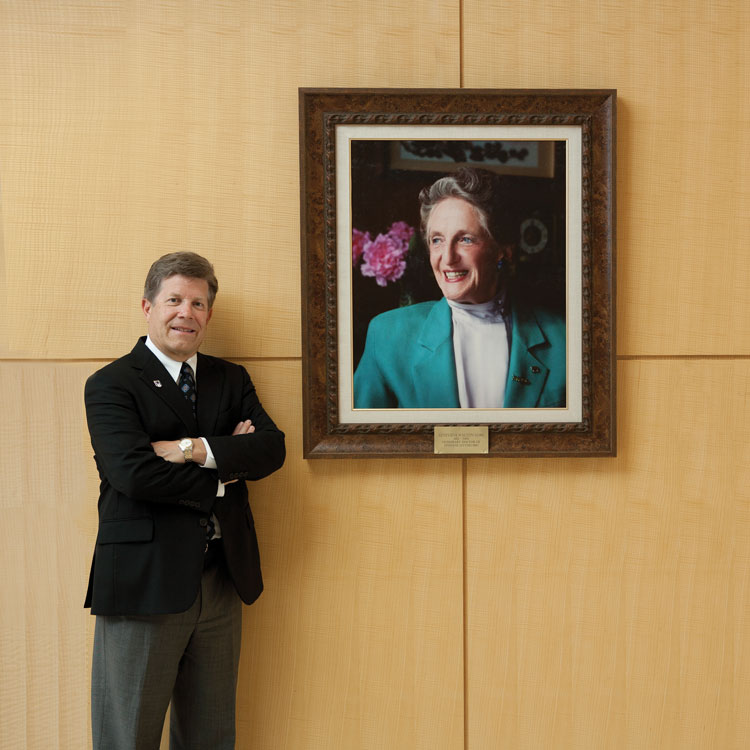 The Story of Six Women Who Stepped Up at Crucial Moments in Westminster’s History
The Story of Six Women Who Stepped Up at Crucial Moments in Westminster’s History
by Autumn Thatcher (MSC ’15)
Virginia Woolf once said, “For most of history, Anonymous was a woman.” For Westminster College, this famous adage does not apply. From its inception, Westminster has been the recipient of great gifts, leadership, and empowerment—much of which has been provided by women. The first century of Westminster’s existence was one of uncertainty that forced the college to face the possibilities of a very bleak future. Vice President of Institutional Advancement Steve Morgan has dedicated some of his time to putting together a presentation that addresses this particular piece of Westminster history.
As Steve organized his presentation, he found a common thread throughout this period: without key women leaders, Westminster would not have become the college it is today. Steve highlights six women who made a difference to the college between the late 19th century and the 1990s. The history of women’s involvement has carried way beyond the ’90s, but it is these women who first stood up, allowed their voices to be heard, and created an immense amount of change for the better—inspiring other women throughout the community to follow in their footsteps.
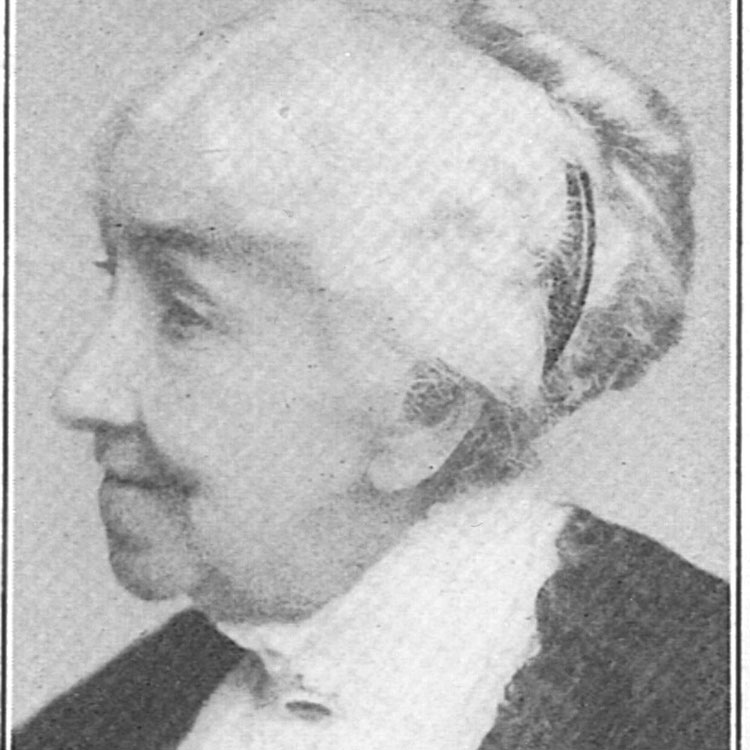
Jeannette Ferry: One could make the argument that without Jeannette Ferry, Westminster College would not exist today—at least not in its current location. An advocate for women’s rights in the late 1800s, Jeannette Ferry was a woman ahead of her times. A critic of polygamy, Ferry was president of the Inustrial Christian Home of Utah, a house of refuge for neglected or discontented Mormon plural wives. She was also one of the founding members of the Woman’s Board of Westminster College—one of the longest-standing women’s organizations associated with a college in the nation.
“This wonderful organization has raised well over a million dollars in scholarships to help students over the years and has involved many, many women who have had a huge role in Westminster. Really, it was Jeannette Ferry in those early years saying women are going to play a role in this college,” explains Steve Morgan.
In the late 1890s, after many failed attempts to acquire land for constructing the college, members of a Westminster committee established for the purpose of finding land to build upon went to Jeannette Ferry’s husband, Colonel William Montague Ferry, to ask for his help. A member of the Presbyterian community, Col. Ferry had moved to Park City in 1879 and made a fortune in mining. The committee members pleaded with him to donate land to them so they might finally construct Westminster College. Ferry said no—multiple times. It was Jeannette who—in front of the committee members—spoke out and encouraged her husband to reconsider. He paused to think about it a little more, and again, said no. As Jeannette escorted the disappointed men out of her home, she pulled them aside and quietly told them that she believed her husband would give them what they were asking for. Not too many days later, the college committee members were thrilled to learn that Col. William Ferry had changed his mind. He purchased the land and donated its deeds to Westminster College. At last, the college had a campus to reside on, and its construction finally began.
Steve Morgan loves to tell the story of Jeannette Ferry, who was unafraid to speak up in front of the College committee, and who clearly spoke with William Ferry in private. Her actions resulted in his changed mind and willingness to provide for Westminster when he had previously refused. What she said is unknown, but it was enough to finally help the church scholars keep the dream of Westminster College alive.
“I would say she’s a significant figure and often doesn’t get much of the press,” says Steve, adding that Jeannette influenced many of the contributions her husband made. “She was the nudger, saying, ‘we can help; let’s do this.’”
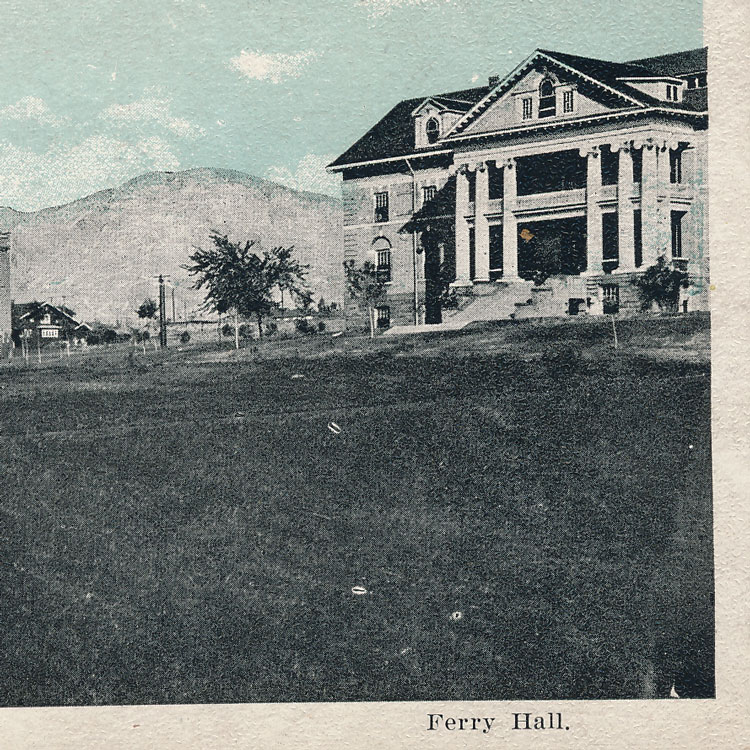
Dolores Doré Eccles: You do not have to be a native Utahn to recognize the Eccles name. George S. and Dolores Doré Eccles were huge contributors to many different organizations throughout the state—and that include educational institutions.
“George got involved in the University of Utah, but Dolores loved Westminster,” Steve explains. The community activist believed so strongly in the mission of Westminster College that she dedicated her time to becoming the first female trustee since the 1930s, during a time when board members were all male clergy and businessmen.
“Having her on our board was a huge boost of confidence to others in the community,” says Steve, adding that Dolores got involved with Westminster during the period when it became an independent college.
From its inception until 1974, Westminster College had been a Presbyterian school. After the college and the Presbyterian Church made the mutual decistion to disassociate, Westminster faced uncertainty, as it no longer enjoyed the financial support of the Presbyterian Church. The College turned to its community members for support, and Dolores Doré Eccles answered the cries for help.
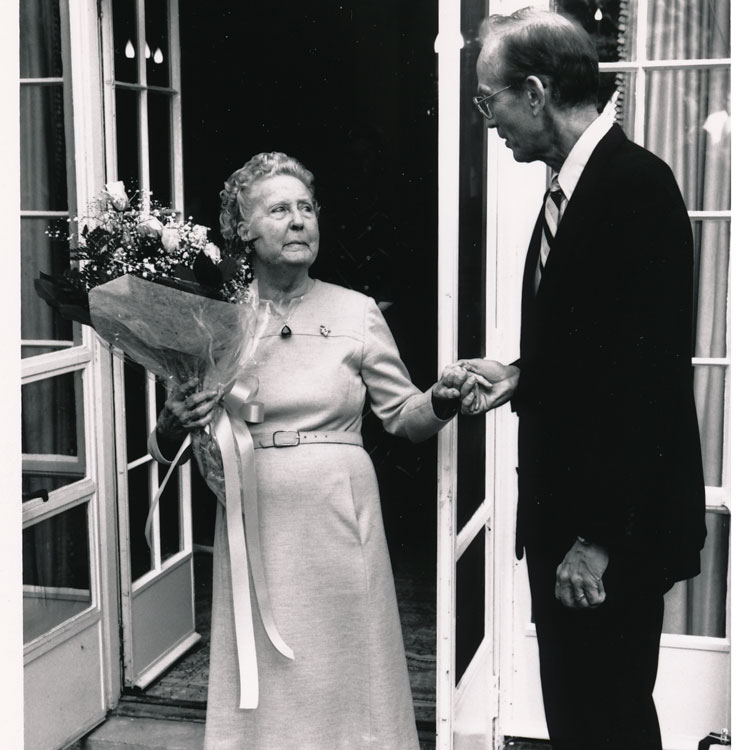
"Lolie played a really important endorsement role. She made some significant gifts that helped stabilize the institution at a critical time,” says Steve. He adds that her advocacy for Westminster also gave the school credibility within the community, allowing for a presence that without Dolores’s help might not have been created.
Dolores made many personal gifts to the annual scholarship fund through the George S. and Dolores Doré Eccles Foundation. The foundation has been one of the largest donors to the college, contributing to the Jewett Center for the Performing Arts and building the Dolores Doré Eccles Ceramic Center, the Dolores Doré Eccles plaza in front of the Giovale Library, a floor in the Meldrum Science Center, and the Dolores Doré Eccles Health, Wellness, and Athletic Center.
Steve says that one of the most significant things the Eccles did for the college is create the largest single scholarship program at Westminster. This program has been benefitting students for the past 30 years, making it possible for thousands of students to receive scholarships from the George S. and Dolores Doré Eccles Foundation.
Steve looks back on Dolores’s dedication to Westminster with fondness: “Her coming on the board was the start of a legacy that continues to give to campus; Lolie loved Westminster. She was significant.”
Berenice Jewett Bradshaw: An alumna of Westminster College, Berenice Jewett Bradshaw lived a life of great wealth through the successes of her husband, Franklin Bradshaw, an oil and auto-parts owner. In 1978 Franklin was shot and tragically killed by his grandson. The murder of Franklin Bradshaw received national attention after it was discovered that the grandson shot his grandfather at the request of his mother—Berenice and Franklin’s daughter. The murder story sounds like something from a soap opera: a wealthy woman is afraid she will lose her inheritance and be forced to abandon her extravagant lifestyle, so she manipulates her son to murder her father to ensure that she does not lose the wealth promised to her. But for Berenice, the reality of what happened was far more devastating than any soap opera. The Utah family tragedy became a high-profile national case and was all over the front page of newspapers around the nation. Two books were published about the case and two television miniseries created, all within years of the shooting.
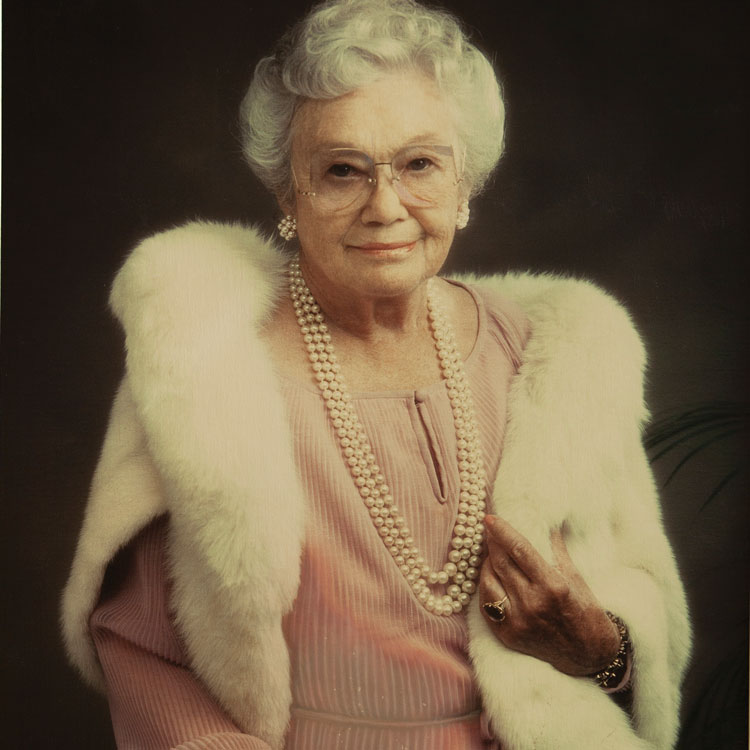
The daughter was ultimately convicted and after she went to prison, Berenice decided that money had been the source of great sorrow in her family and that she needed to somehow turn that around by doing some good for the community. Part of this good was to contribute to Westminster College during a time that Steve describes as a very crucial one for the college.
“When the finances were so bleak, Berenice gave us $500,000. This gift stopped the hemorrhaging and allowed us to stabilize our budget,” explains Steve.
A lover of music, ballet, and the arts, Berenice dedicated the rest of her life to helping correct the image of her family. She donated to the Capitol Theatre in downtown Salt Lake City and the Holy Cross Hospital, as well as funded the Jewett Center for the Performing Arts—named after Berenice’s maiden name, Jewett.
Walking through the halls of the Jewett Center, a campus visitor is likely to come across the portrait of Berenice Jewett Bradshaw. She is older, with white hair and a soft fur draped over her shoulders. Her smile is so sincere that she could be anyone’s grandmother. Looking at the portrait, the visitor might find it hard to believe that behind that sweet image is the dark pain of a family tragedy that changed the course of her life forever. Though some may remember Berenice as the woman whose family suffered destruction caused by jealousy and greed, Westminster College honors her as a woman of service and love, who wanted to create some good during such a bad time in her life. “Her arrival was huge at this time in our history. She was an important figure.”
Vieve Gore: Many memories have been created on the lawns of the Westminster campus since the Ferry’s gift, but it is safe to say that no memory has impacted the college quite so much as the one created by the meeting of Bill and Genevieve “Vieve” Gore.
Vieve was visiting a friend attending Westminster College. She looked out the dormitory window to see a young man doing handstands on the lawn. She inquired as to who he was, not knowing she was watching her future husband and lifelong partner, Bill Gore. Once Bill and Vieve began dating, she became a regular visitor to the Westminster campus.
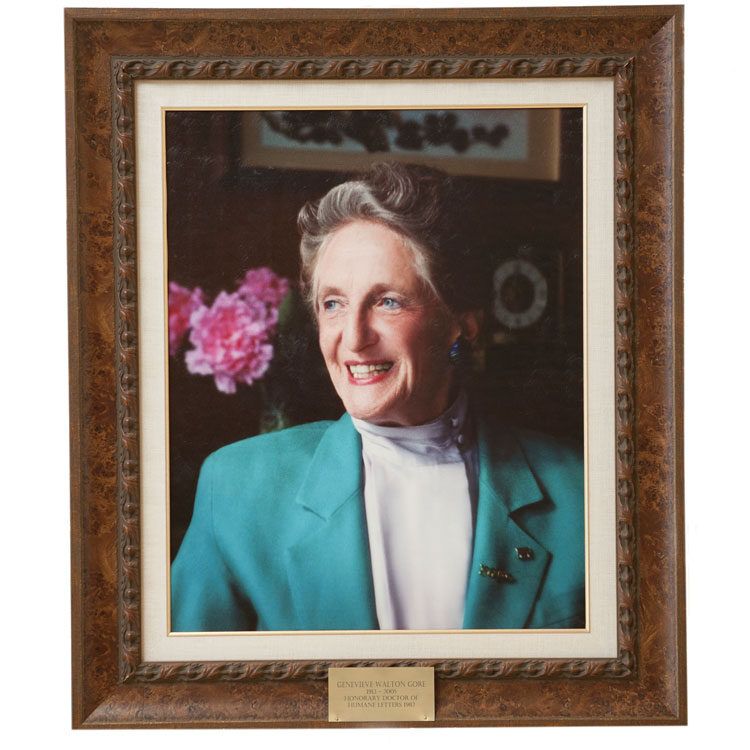
Bill and Vieve married and moved on to build what is now a multi-billion-dollar company, W. L. Gore & Associates. In the 1980s, the time in which Westminster College faced some of its biggest financial struggles, Bill Gore died suddenly of a heart attack while backpacking with Vieve in the Wind Rivers.
“His passing left Vieve with a decision about company stock set aside for Bill’s retirement. Vieve could have decided to hang on to it, but instead, she gave the college its first significant endowment—the largest single gift ever made to Westminster up to that point in time,” explains Steve, who remembers both Bill and Vieve with affection and deep appreciation.
Vieve gave Westminster this 7-million-dollar gift in 1990.
“It was a huge confidence booster for us. It helped us with the operating budget, developing our teachers, the math and science programs, and music,” explains Steve, describing the allocations made through the endowment to the various programs on campus.
“Vieve was not an alumna of the college, but she decided to throw her energy into helping us. That initial seed gift has motivated other people to step up and help fund this institution,” adds Steve, who says that in addition to building the Bill & Vieve Gore School of Business, Vieve’s love of music inspired her to contribute to the college’s music department and fund art throughout the campus.
“She did everything on campus. She loved being on campus,” says Bill and Vieve’s daughter, Ginger Giovale, adding, “She made heroes out of people.”
Virginia “Ginger” Gore Giovale: “Ginger” took after her parents, Bill and Vieve Gore. Like her father, his three sisters, and his mother, Ginger attended Westminster College, studying math and singing in the choir.
“No woman has had a bigger impact; she is at the top of the list: number one,” says Steve, adding, “from the time she attended here to even today, she continues to be one of the most significant contributors of not only resources, but leadership and encouragement.”
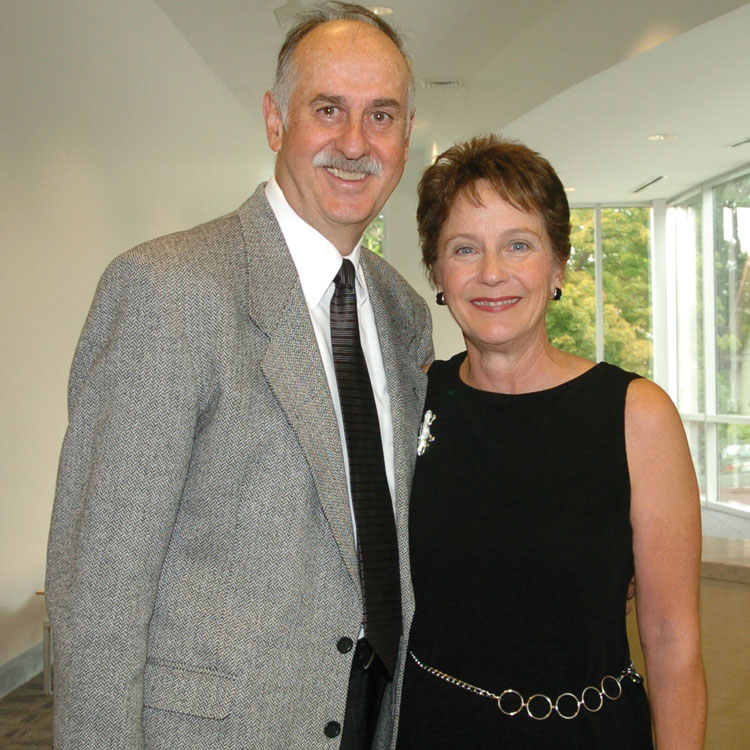
Ginger was still at home when her parents began started W. L. Gore & Associates in their basement. Years later, when the college asked if one of the Gores would sit on the board of trustees, Bill suggested Ginger. She became the youngest person to ever serve on the board
“Unbeknownst to me at the time, I was also pregnant. I can probably claim the fame of being the only pregnant woman on the board,” Ginger laughs during a phone call from her home in Arizona.
Ginger served on Westminster’s board of trustees for 29 years. For 17 of those years, she served as board chair. She came onto the board during the period in the 1980s when Westminster was struggling financially.
“It turned out we were broke and the president was leaving. Everything sort of shattered. Those days were spent trying to figure out how to keep the college open,” says Ginger.
When her father died, Ginger and her mother wanted to do something to honor his legacy. “My mother and I put our heads together and decided to fund the new business school. It all came out of my father’s retirement fund that he passed on to my mother,” explains Ginger.
Not long after the construction of the business school, Ginger, as the chair of the board, was joined by the first female president not only of Westminster College, but of any educational institution in the state of Utah, Dr. Peggy Stock.
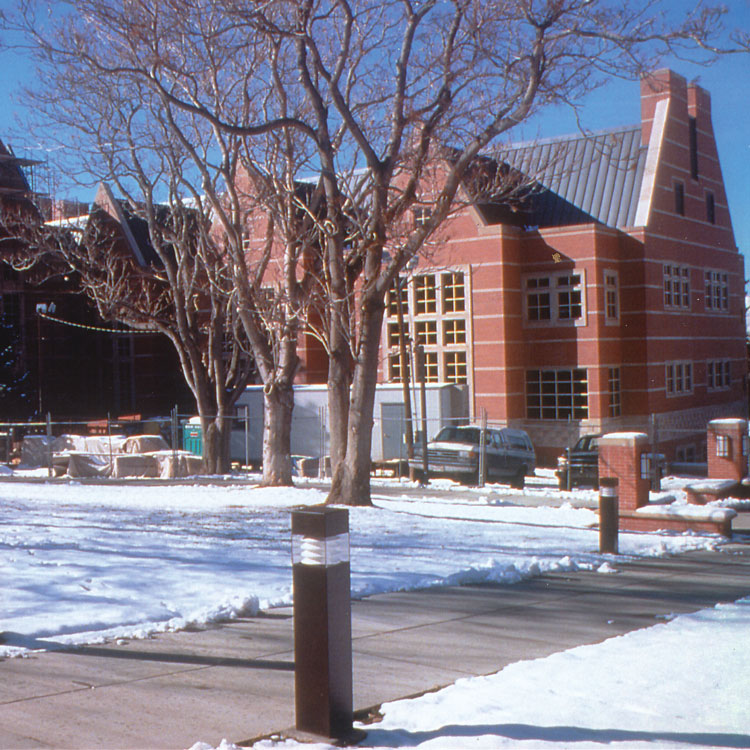
“Peggy was the very best person to go out and raise funds. Here we were, two women running the college. Those were great years,” says Ginger. “I learned a lot from Peggy, and we hit it off.”
Today, Ginger is still very involved in the board of directors of W. L. Gore & Associates, which is a 3.5-billion-dollar enterprise. Ginger encourages women to get involved and have their voices heard.
“The more women we have in positions that make a difference, I believe the more civil society we will have,” Ginger says. “Try different things. Make sure you’re using your talents, whatever they may be. Sometimes it can be intimidating with a lot of tall men around (I’m only 5’2”), but if you do your homework, make your commitment, and enjoy what you’re doing, you’ll be heard.”
President Peggy Stock: Steve describes the time when Peggy Stock became the 15th president of Westminster as a period when the college was starting to come into its own.
“We were at a crucial point where we needed to take the college to the next level. We had survived, but we needed to excel,” says Steve.
The solution was Dr. Peggy Stock, a very accomplished academic from New England who blew the interviewing committee away with a dynamic personality and a red dress that is still talked about today. Steve credits Peggy for profoundly changing the college.
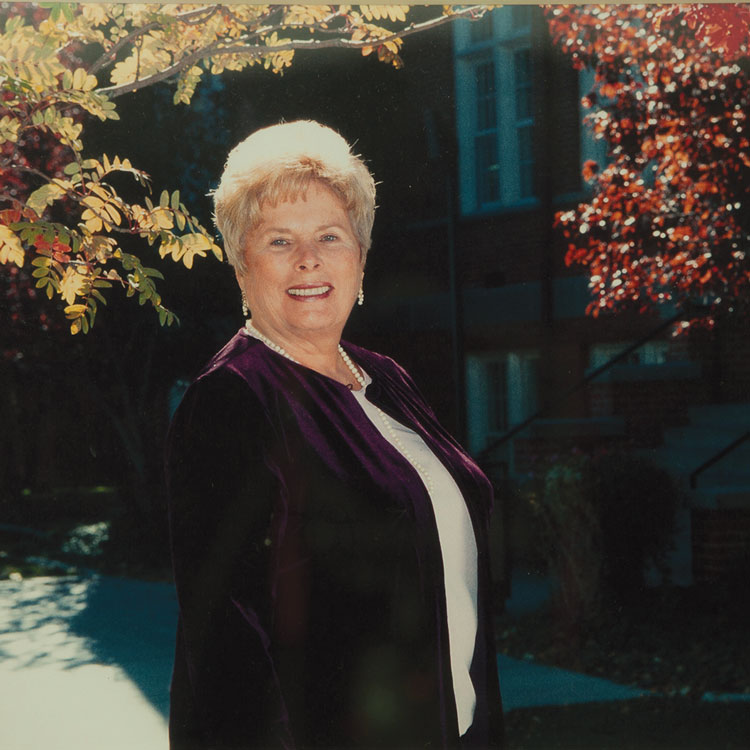
“Ginger was the only woman leading a board in Utah. Now, here came Peggy leading as president of the college. It was big news, and she was a hit in Utah. They wanted to hear her speak; they wanted to put her on boards. She immediately increased the visibility of Westminster in Utah,” recalls Steve.
Peggy’s leadership at Westminster College is described as one comprising a bold vision, that ultimately created the master plan of the campus as it is today. Together, with Ginger Giovale leading the board, Peggy recommended a major course change for the college. She brought back athletic teams and residential halls; she essentially brought campus life back to Westminster. Peggy was unafraid to voice her opinions and do the fundraising required to bring to life the vision of a campus sustaining student life. Steve remembers her years of leadership with admiration.
“She had the courage to make a course correction and actually lift all of our sights about what the college could become.”
About the Westminster Review
The Westminster Review is Westminster University’s bi-annual alumni magazine that is distributed to alumni and community members. Each issue aims to keep alumni updated on campus current events and highlights the accomplishments of current students, professors, and Westminster alum.
GET THE REVIEW IN PRINT STAY IN TOUCH SUBMIT YOUR STORY IDEA READ MORE WESTMINSTER STORIES